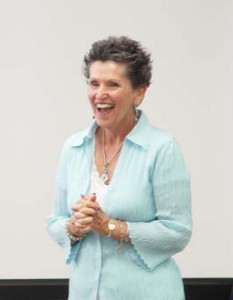The other morning, I led a doctor through my Meet Your Muse exercise to help her access her inner guidance about which book to write first—the one for other doctors or the one for patients.
Her muse was clear—the one for patients. Before she left the scene, I invited her to ask whether her muse wanted her to know anything else.

“I see a stethoscope. I thought I’d create health education for people and leave my medical practice over time because the system is so broken. But I suppose my muse says I will keep a private practice.”
I’m careful not to project onto other people’s imagery, so I said, “If this were a daydream of mine, the stethoscope might symbolize the message to listen to my heart. Does that resonate at all?”
She smiled broadly and laughed. “Of course. That feels right.” She felt delighted by this personal and apropos symbol from her muse. She continued, “I recently stopped taking two major types of insurance because what they pay me cannot sustain me and my team—my assistant, the office, the billing service. But my colleagues look at my actions and think I’m crazy. They say, ‘You have a successful practice; how can you limit it so much? How will you survive?”
On Looking Crazy from the Outside
The doctor added, “I always think outside the box—with my patients and practice. I see a broken system and can’t just do things that way.”
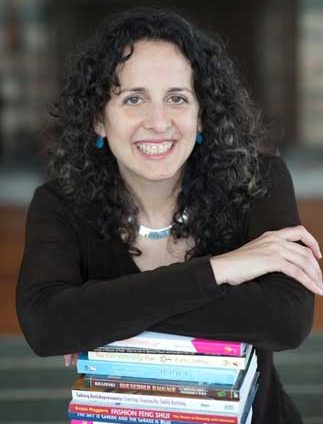
I smiled and shared with her that when you’re a visionary with a mission to offer leadership in an industry, what you do will likely look crazy initially, but it will suddenly look normal in twenty years. You’re just ahead of the pack.
I know that many of my readers are like this doctor. You’re doing things differently. You’re breaking new ground, seeing new opportunities and ways of doing things that others can’t see yet. It may feel lonely and weird and scary. You may even believe people saying, “You’re crazy.”
But know that as a visionary, the world will look different to you. And your purpose will require you to do stuff that doesn’t make sense from the outside. People may judge you, call you names, and invite you to question yourself.
Trust yourself. Listen to your heart. Maybe your muse has a stethoscope for you.
And write that book! Your way. Help the world catch up to your vision, wisdom, and gifts.



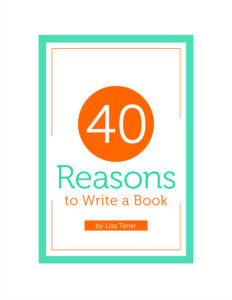
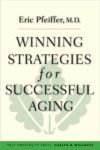
 You’re finally ready to leave your corporate job behind, take the entrepreneurial plunge and start that new business you’ve dreamt about for the past decade: Huibert Evekink co-authored
You’re finally ready to leave your corporate job behind, take the entrepreneurial plunge and start that new business you’ve dreamt about for the past decade: Huibert Evekink co-authored  Admit it, you’ve always wanted to add “published author” to your bio. Or not, but, hey, doesn’t the phrase bring your confidence level up a few notches? What an accomplishment! Marla O’Brien, author of
Admit it, you’ve always wanted to add “published author” to your bio. Or not, but, hey, doesn’t the phrase bring your confidence level up a few notches? What an accomplishment! Marla O’Brien, author of 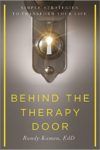 You feel called to work with high caliber leaders or change-agents and you know your book can provide the needed credibility to serve in such a capacity. Dr. Randy Kamen’s work teaching mindfulness to CEOs began after publishing Beyond the Therapy Door. Dr. Kamen recently told me, “I now reach a global audience of influential people.” Talk about making a difference. Think of all the employees who are benefiting now that mindfulness begins at the top of their companies.
You feel called to work with high caliber leaders or change-agents and you know your book can provide the needed credibility to serve in such a capacity. Dr. Randy Kamen’s work teaching mindfulness to CEOs began after publishing Beyond the Therapy Door. Dr. Kamen recently told me, “I now reach a global audience of influential people.” Talk about making a difference. Think of all the employees who are benefiting now that mindfulness begins at the top of their companies.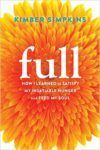
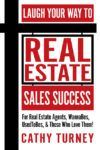

 You’re ready to speak at prestigious national and international conferences—and influence your field at the next level. After Gus Ferrer, MD and Burke Lennihan, RN published Cough Cures, Dr. Gus has been in demand as a speaker for several prestigious national conferences.
You’re ready to speak at prestigious national and international conferences—and influence your field at the next level. After Gus Ferrer, MD and Burke Lennihan, RN published Cough Cures, Dr. Gus has been in demand as a speaker for several prestigious national conferences.
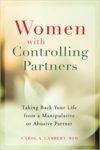 You want to empower people who are stuck and see no way out. That was one of Carol Labert’s goals in publishing
You want to empower people who are stuck and see no way out. That was one of Carol Labert’s goals in publishing  Your book can help parents help their kids. Dr. Kathleen Trainor’s
Your book can help parents help their kids. Dr. Kathleen Trainor’s 
 You’ve identified your “ideal clients” and now you’d like to fill your practice with these “ideals.” Bridget Engel uses her book
You’ve identified your “ideal clients” and now you’d like to fill your practice with these “ideals.” Bridget Engel uses her book  You want the perfect marketing tool that sells your services for you. Mike Travis’
You want the perfect marketing tool that sells your services for you. Mike Travis’ 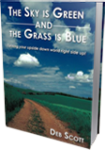
 You want to stand out in a field that’s growing more competitive. In addition to being filled with super-useful tips for its readers, Success Without Stress showcases Teri Scheinzeit’s ability to help women entrepreneurs stay calm and “Work Smarter, Not Harder.” As a result, she’s been attracting more clients who are looking for success that comes without the high price of stress. As a coach who manages to take one day off a week, and one week off a month, for her passions (travel and making music), the book also helps attract clients who are eager to “design” a fulfilling, outside-the-box lifestyle.
You want to stand out in a field that’s growing more competitive. In addition to being filled with super-useful tips for its readers, Success Without Stress showcases Teri Scheinzeit’s ability to help women entrepreneurs stay calm and “Work Smarter, Not Harder.” As a result, she’s been attracting more clients who are looking for success that comes without the high price of stress. As a coach who manages to take one day off a week, and one week off a month, for her passions (travel and making music), the book also helps attract clients who are eager to “design” a fulfilling, outside-the-box lifestyle.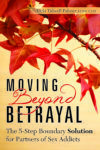
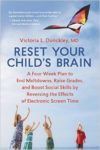 You want to raise awareness about a public health issue. Victoria Dunckley did that and more with
You want to raise awareness about a public health issue. Victoria Dunckley did that and more with 


 You’ve solved a problem in your own life and now you want to help others solve theirs. Nora Hall wrote
You’ve solved a problem in your own life and now you want to help others solve theirs. Nora Hall wrote 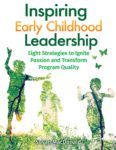

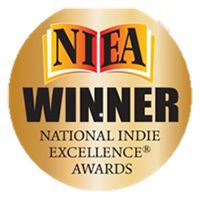

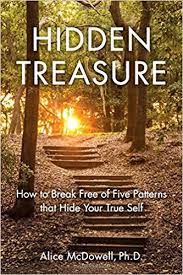 Lisa: I agree. Hidden Treasure is not one of those, “I need to write a book; let me crank something out” type of books. As you say, it is the distillation of almost four decades of teaching. And that wisdom gained, and real-life stories to illustrate it, make it a powerful and empowering read. What advice do you have for authors in the process of writing their books?
Lisa: I agree. Hidden Treasure is not one of those, “I need to write a book; let me crank something out” type of books. As you say, it is the distillation of almost four decades of teaching. And that wisdom gained, and real-life stories to illustrate it, make it a powerful and empowering read. What advice do you have for authors in the process of writing their books?
 “Which book should I write?” I hear this question often and happen to have just received an email asking for advice on the topic.
“Which book should I write?” I hear this question often and happen to have just received an email asking for advice on the topic.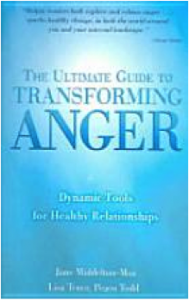 For example, I had not fully imagined what it would be like to teach anger workshops when I had the original idea for the book that became The Ultimate Guide to Transforming Anger. Once the book was published, I taught anger workshops with one of my co-authors. I realized, instead, that I wanted to work with people who want to enhance their creative process and their writing, rather than work with their anger. Over time, that led to becoming a book coach!
For example, I had not fully imagined what it would be like to teach anger workshops when I had the original idea for the book that became The Ultimate Guide to Transforming Anger. Once the book was published, I taught anger workshops with one of my co-authors. I realized, instead, that I wanted to work with people who want to enhance their creative process and their writing, rather than work with their anger. Over time, that led to becoming a book coach!